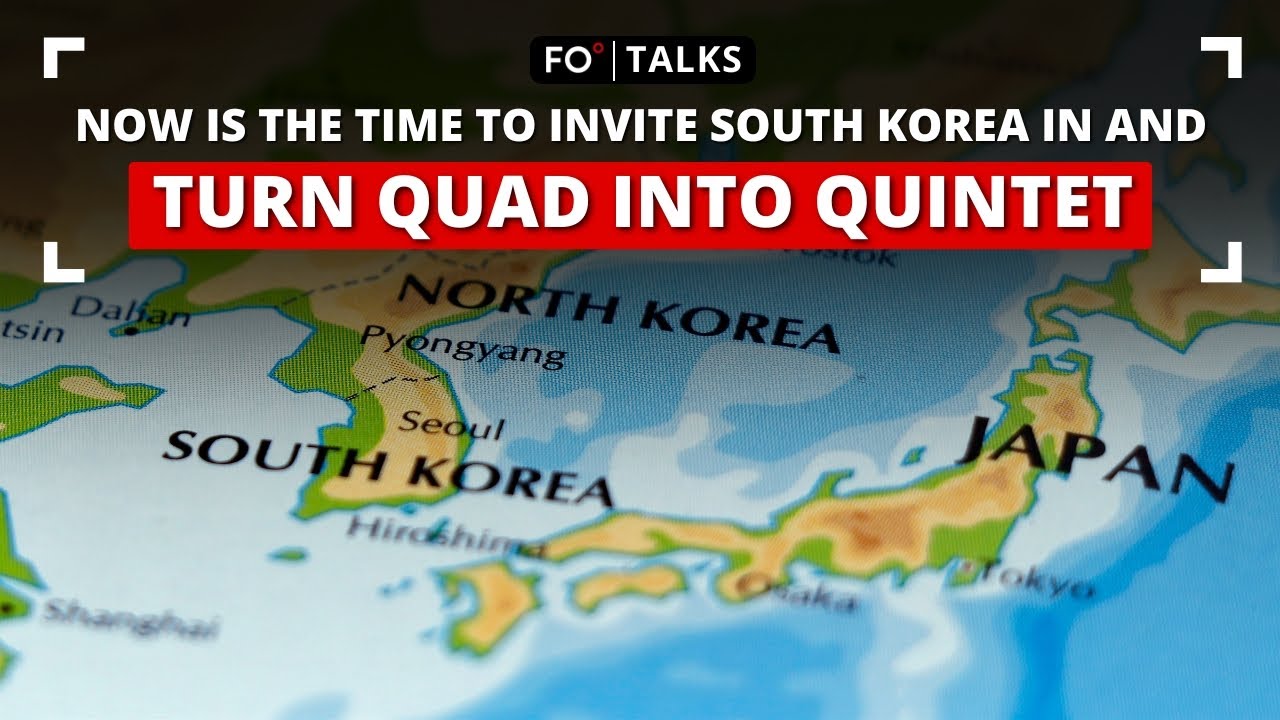On July 23, Spain went to the polls. This snap election failed to produce a clear result. No party won a simple majority in the 350-strong Congress of Deputies.
Prime Minister Pedro Sánchez’s Socialist party won 122 seats, two more than in the 2019 elections. The center-right Popular Party (PP) won 136 seats, up from 89 in 2019. The far-right Vox party would support the PP leader Alberto Núñez Feijóo. Yet it took only 33 seats, in contrast to 52 in 2019. This would leave Feijóo seven seats short of an absolute majority of 176 in the parliament.
Spain had two elections in 2019 because the first one failed to produce a government. It has had regional elections since, most importantly in Catalonia, Castilla y León and Andalucía. Now, it might have another election in 2023.
What is going on in Spain?
In Spanish politics, four main parties dominate. The Socialists, the PP, Vox and far-left Sumar are the main national parties. Regional parties in Basque Country and Catalonia form a fifth force. Their relationship with national parties and with Spain itself remains problematic. Both Basque Country and Catalonia have had issues with Madrid over independence. Carles Puigdemont, the leader of the Catalan Junts party, remains in exile.
In some ways, the regional parties suffered, particularly in Catalonia. The regions no longer seem to want independence. The far-right and the far-left declined too. Together, the two national parties were the big winners. Yet they are too ideologically opposed to come together in a Germany-style national coalition.
Many are calling for such a grand coalition. It would have the support of the majority of the Spanish people. However, party leaders fear that they will lose the support of their members if they negotiate with the other party.
Vox represents the legacy of General Francisco Franco, Spain’s brutal dictator who held power from 1936 to 1975. Its leaders split from the PP about ten years ago in disgust at the party’s softness towards separatists. If Vox supports the PP, there is a risk that no other party may join the coalition. The fall in popular support for Vox demonstrates that the far-right wave of Italy has not crossed the Mediterranean. The success of Giorgia Meloni’s Fratelli d'Italia has not been replicated in Spain.
Spain is experiencing the same polarization that we see in democracies like the US, the UK and Israel. By European standards, the Spanish economy was not doing too badly. Apparently, Sánchez’s coalition failed to win not because of the economy but because of culture and identity.
Why do incumbents lose, and why is it so hard to form a government?
Until 2015, the Socialists and the PP were the two dominant parties. Charges of corruption damaged them with Podemos and Ciudadanos emerging as plausible alternatives. Vox did rather well in 2019, which might have led voters to back other parties to keep this Francoist party out of power.
Yet the incumbents have lost power. According to Carlos Meléndez, people have voted out 85% of incumbents over the last five to six years. This pattern of negative voting has produced governments that are very fragile and have little popular support, existing only because voters opposed the alternative more.
In the Spanish context, another issue adds to the anti-incumbent phenomenon. As prime minister, Sánchez does not enjoy within his own country the good reputation he has abroad. He won the party leadership by upending the traditional establishment. In 2018. Sánchez convinced other parties to vote together against Mariano Rajoy, who was then the leader of the PP and prime minister. This has been the only successful no-confidence vote in Spanish history, and many Spaniards think of Sánchez as a Machiavellian for initiating it.
Political commentators and analysts criticized the no-confidence move widely. They take the view that fresh elections were the more appropriate means to address Rajoy’s alleged corruption. By working closely with regional parties, Sánchez became politically toxic. Many Castilian-speaking voters, who form the vast majority in Spain, still demonize the Socialist leader.
While people may have voted negatively in Spain, they have not gone for the extremes this time around. However, they have not voted in a manner that allows for a stable government to form. Neither the Socialists nor the PP are likely to get the votes to reach the magic 176 mark.
In some democracies, horse-trading or the return of Puigdemont might be possibilities. However, Spanish politics is too ideological to forgive members of parliament who jump ship, and Spain’s Supreme Court has issued a new arrest order for Puigdemont. Unlike the Italians, the Spaniards do not seem to form coalitions easily. So, the country may find it difficult to form a government.
This political instability comes at an unfortunate time for the country. Spain exercises the EU’s rotating presidency until January 2024. Without a government in power, Spain is likely to squander its chance to set the European agenda and play a leading role in the bloc.
The views expressed in this article/video are the author’s own and do not necessarily reflect Fair Observer’s editorial policy.
































Comment